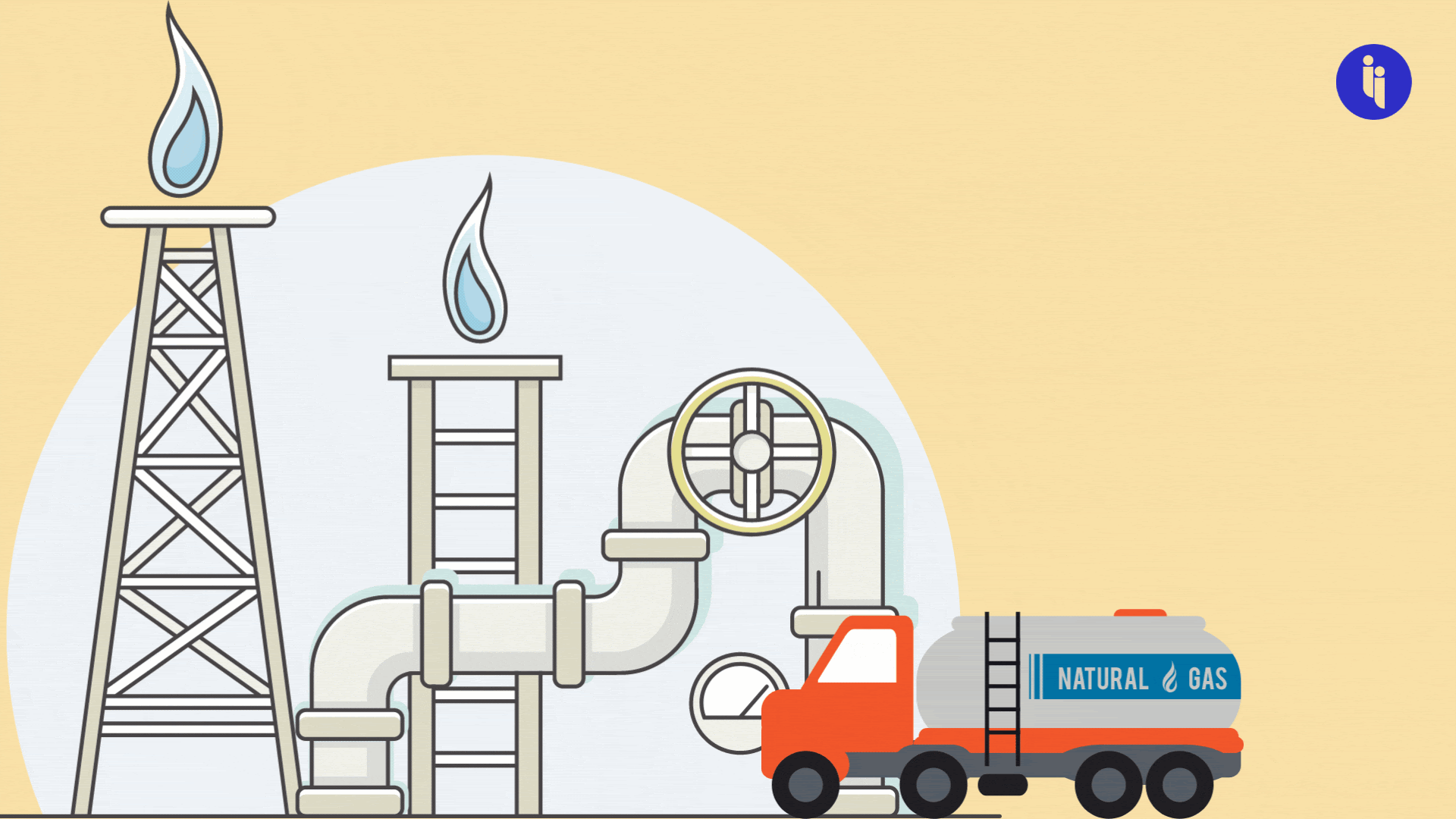Workers at two massive Chevron liquefied natural gas (LNG) projects in Western Australia plan to take escalating strike action from Thursday 7 September, after weeks of failed negotiations on pay and conditions.
The plants, Wheatstone and Gorgon, aren’t your ordinary LNG facilities: they produce 5-7% of the world’s total LNG supply, with 500 employees.
So gas prices have whipsawed over recent weeks as markets track each round of union negotiations in Australia. Why?
Stay on top of your world from inside your inbox.
Subscribe for free today and receive way much more insights.
Trusted by 129,000+ subscribers
No spam. No noise. Unsubscribe any time.
- 🌏 Chevron sells its Australian LNG to Asia (47% to Japan alone), and
- 🌍 Disruptions can force those buyers into a bidding war with Europe for replacement cargoes coming out of Qatar and the US.
LNG markets were already pretty complex:
- 🇷🇺 Around 16% of the EU’s LNG still comes from Russia
- 🏭 Some utilities switch back to coal or oil when LNG gets too pricey
- 🇮🇳 Places like India just buy less LNG when prices spike, and
- 🇪🇺 The EU has now hit its LNG storage targets early for winter.
So the strike action in Australia hasn’t started yet, could still be averted, and (if it starts) will start small. But that’s still enough to trigger global jitters.
Intrigue’s take: This whole saga is a reminder that autocracies like Russia aren’t the sole source of volatility right now: it can be a Panama drought, Atlantic hurricanes, maintenance in Norway, or strikes in Australia.
And Australia is balancing so many competing interests here: boost export and tax revenue, contain local energy prices, protect its reputation among buyers and investors, steward an energy transition, and tame inflation.
Yikes. In the meantime, the world is now watching negotiations between a few hundred workers and their employer in remote Western Australia.
Also worth noting:
- The same union just reached a deal to avert another LNG strike nearby. Its earlier action at an Australian Shell plant cost $1B in lost exports.
- Japan has questioned Australia’s reliability as an energy supplier. Its prime minister visited the Middle East in July to firm up supplies.








